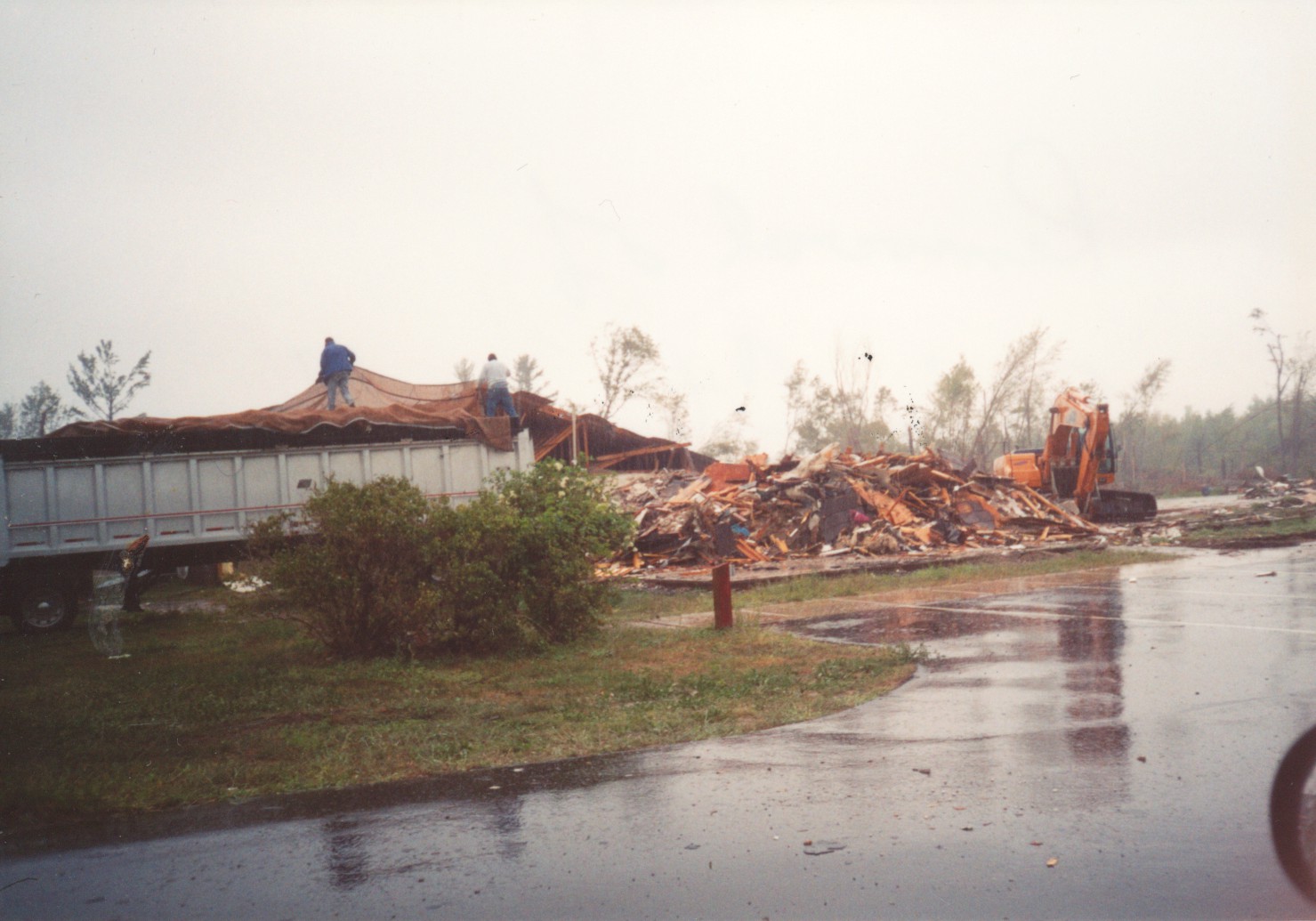A Whirlwind of Disaster
Consisting of flooding, drought, tornados, and more, natural disasters remain one of the most uncertain and dangerous forces affecting Wisconsin homeowners. Being a homeowner means accepting the unfortunate and unavoidable forces of nature that can cause massive destruction to homes. On September 2, 2002, the state of Wisconsin was struck by six tornadoes simultaneously, the small town of Ladysmith lying in the storm’s zenith. As an F3 tornado tore through the city’s center, buildings were hit by 200 mph winds, forcing much destruction and debris into the sky. In total, Ladysmith suffered over two dozen injuries and over $26 million in damages. With 40 buildings leveled, and 159 more damaged, the citizens of Ladysmith were devastated by the massive winds, leaving many to search for emergency housing.
In an effort to rebuild the community of Ladysmith, WHEDA provided a $35,000 emergency housing grant to help residents displaced by the September 2 tornados. Additionally, WHEDA announced that it would allocate $2.5 million in low-rate financing to assist with the reconstruction of many homes in Ladysmith. WHEDA even sent their newly formed mobile office to meet with citizens of the community, discussing finance options for the complete reconstruction of the community. With much support, it appeared the city of Ladysmith could begin its recovery from the damages left in the storm’s wake.
Unfortunately, not all was over for Rusk County, as the skies darkened again in May of 2017. On a stormy, spring day, another tornado touched down in north-western Wisconsin, scraping across the counties of Rusk, Barron, and Jackson. This tornado, the longest recorded in Wisconsin history, left a deep gash in Wisconsin landscape. With a casualty south of Chetek, and millions in total damages, these counties were declared to be in a State of Emergency. Parallel to the events of 2002, WHEDA stepped in once again to offer aid via its Natural Disaster Program, authorizing the distribution of another $15,000 in emergency housing grant funding. The funding was critical in providing temporary housing for all those displaced by the massive storm.
While it may remain unclear where a natural disaster will strike next, the occurrence of these two catastrophes illuminates one hopeful consistency when it comes to the health of Wisconsin neighborhoods. By offering repeated relief, WHEDA embodies its mission of ensuring housing for Wisconsin residents, preserving their health no matter the situation. Though the weather conditions of Wisconsin may sometimes seem cloudy, the forecast for WHEDA’s mission remains clear.

